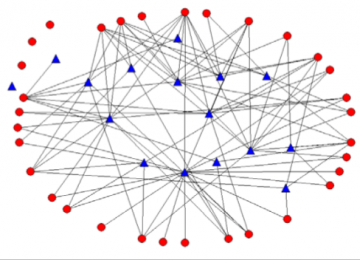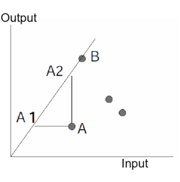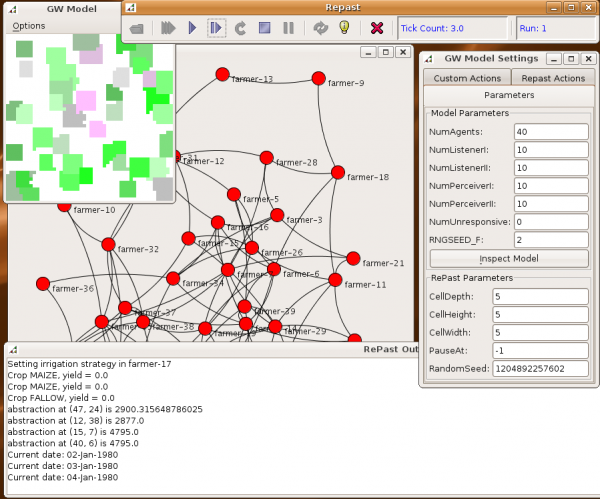Operations research
A review of applications of Social Network Analysis
This article reviews the applications of Social Network Analysis in eight diverse studies; details of the methods, questions asked, findings and tools used are given.
mDSS
mDSS is a decision support system for natural resources management based on the DSPIR framework
User Guide for the Climate Adaptation Options Explorer (ADx)
The Adaptation Options Explorer is a meta-tool and process in which adaptation options can be compared within and across different analytical methods.
Data envelope decision analysis
Financing Adaptation
Sufficient financial resources and capacity to access available resources are critical for adaptation. Also, various financial mechanisms, incentives and budget systems are needed to implement climate adaptation measures. In addition, the process of comparing different measures, including their costs and benefits, sometimes also consulting with stakeholders for their preferences is important. This can be part of risk dialogues, when different climate impacts, and needed strategies are discussed. The economic impacts of potential disasters if not prevented also need to be understood.
Understanding the financial implications of climate impacts provides the rationale for making decisions on investments. Financial mechanisms can provide incentives for actors to make adaptive choices. This is for example clear in urban development when space is needed to absorb rainwater and prevent flooding. This requires reserving space for infiltration, via for example nature-based solutions. However, it is not seen as having a direct financial benefit for the developer, it will not be implemented.
It is important to consider pooling resources in climate adaptation for water. For example, if a coastal dune protects the coastline from flooding, maintaining this coastal protection also benefits tourism and recreation that provide great financial revenues and socio-cultural values. Investing in the beach could therefore pool resources from these mentioned sectors.
Agent-based modelling
In agent based models, a society is represented by a set of agents interacting with one another and with their environment. Agents follow simple rules but can be designed to adapt their behaviour to satisfy certain goals. Thus they can be responsive to changes in the environment, such as groundwater availability in the example here.




